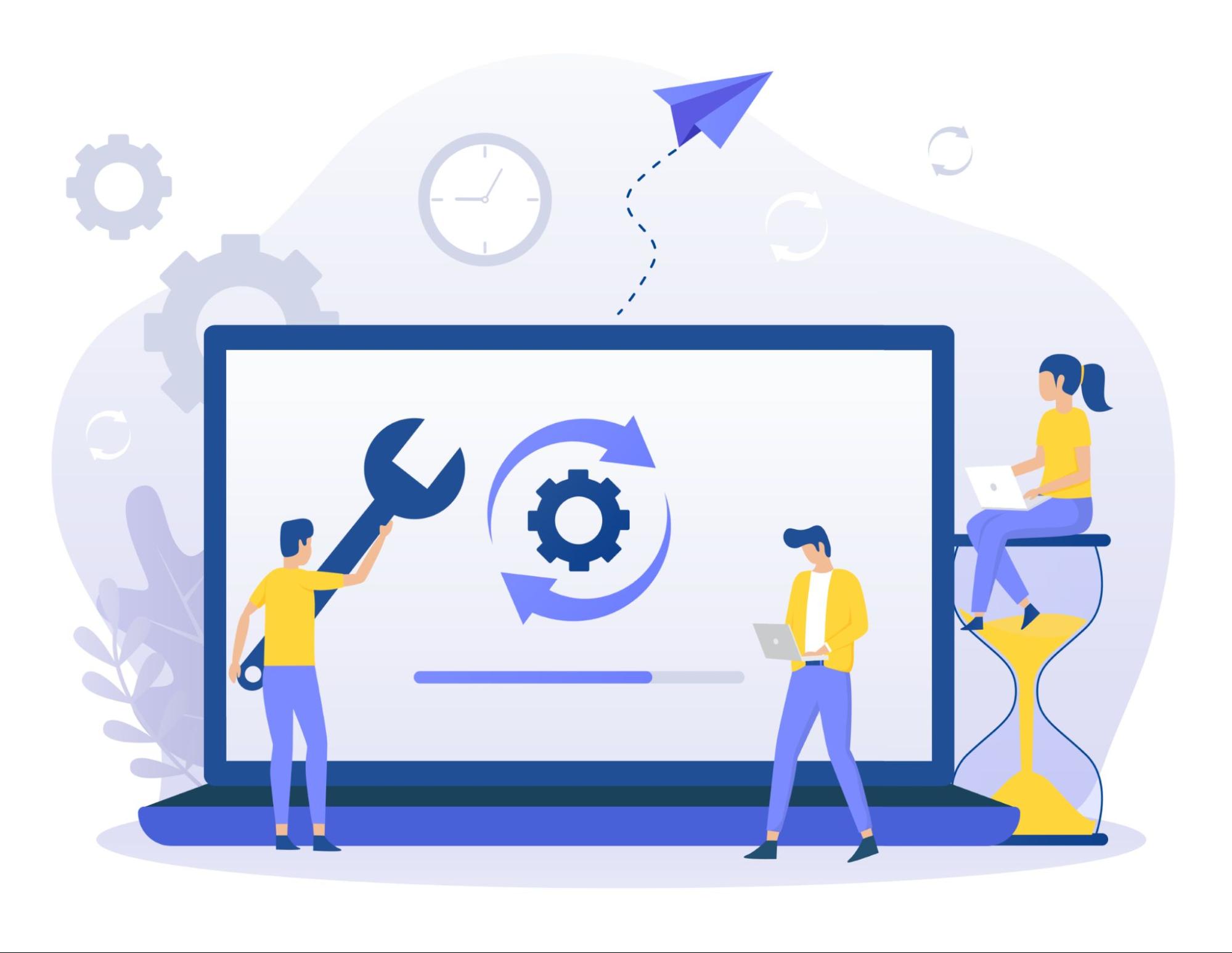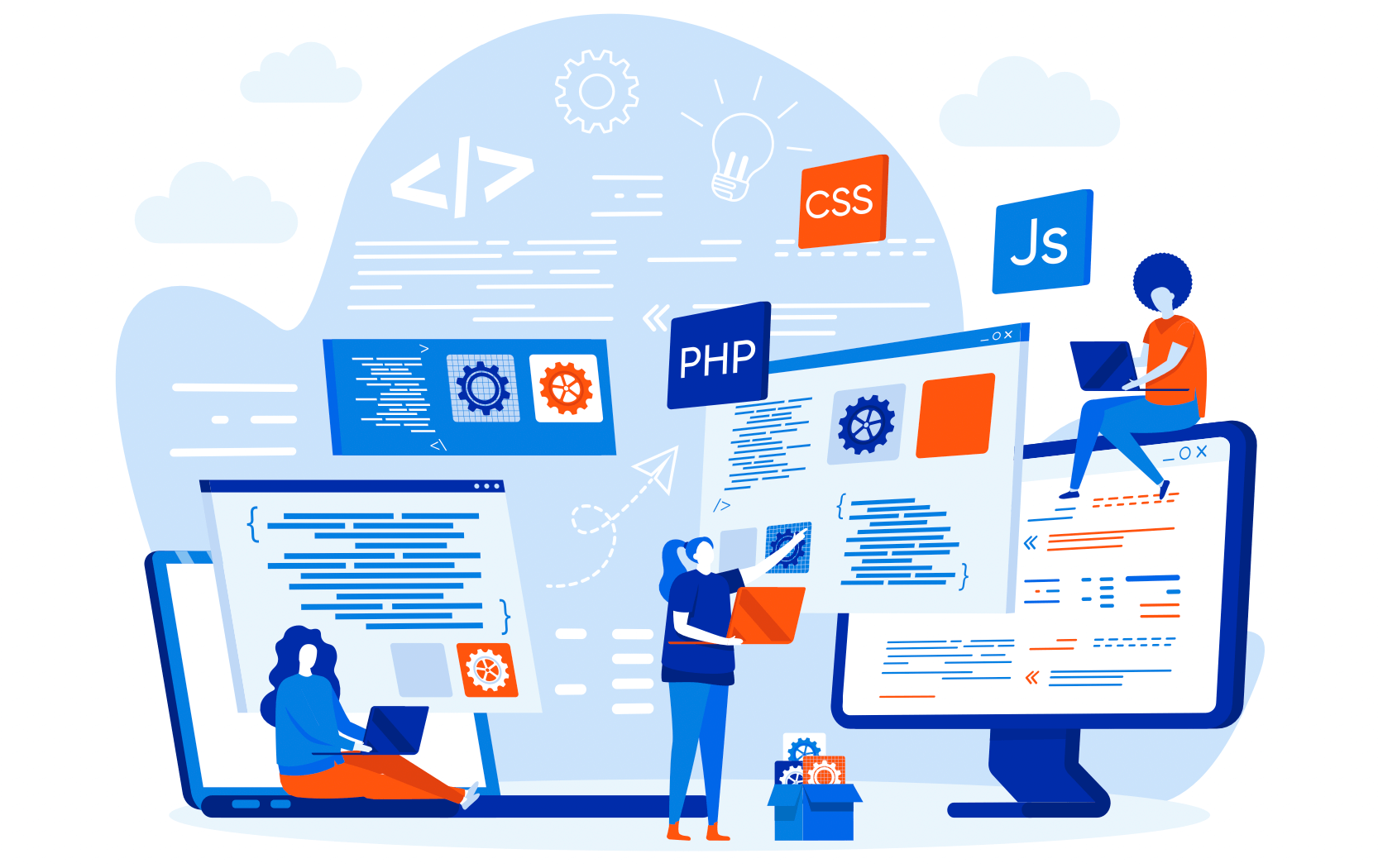Which Magento Support and Maintenance Services Do You Really Need?
Learn the Magento support and maintenance services you need — from security updates, optimization, and UX, make informed decisions for your Magento store.

As a Magento development services agency, IronPlane offers comprehensive security and 24/7 site monitoring. We establish response protocols for different types of security threats and implement safeguards when risks are detected. As your agency partner, we can also help you follow Magento best practices to lock down your site, add users (with the appropriate roles), backup site data, and formulate disaster recovery plans.
With our free security audit, you will learn about potential security risks to your Magento site, how to identify if you are vulnerable, and practical steps you can take to secure your domain.
Since January 2023, there have been ongoing attacks — dubbed "Xurum" — on eCommerce stores using the Magento 2 codebase. These attacks are just one reason why it is critical to pay attention to and monitor the security of your Magento 2 store.
The PCI (Payment Card Industry) is an association of top credit card companies that defines the required security protocols for sites that collect payment data.
It is crucial that customers have a guaranteed safe checkout experience — in order to make that happen, the PCI-DSS (Payment Card Industry - Data Security Standard) has defined very detailed technical and operations requirements for all eCommerce sites including those build on the Magento codebase. These requirements are commonly summarized with the following 12 requirements.
For a comprehensive breakdown of PCI-DSS standards and requirements, you can view their official handbook here.
Magento 1 is no longer updated and requires constant monitoring to keep secure. But even on Magento 2, neglecting updates and Magento security patches can compromise security.
For example, the TrojanOrders attacks in early 2022 targeted almost 40% of Magento 2 websites. In response, Adobe released a security patch to address the vulnerability and secure sites. However, unpatched sites remain at risk.
Magento sites are only as secure as their weakest link; extensions, third-party integrations, and customized code can cause problems if they are not designed with strong security in mind. Similar to the Magento codebase itself, all extensions, integrations, and custom code should similarly be updated on schedule to ensure the latest security is in place.
It can be a challenge to know how to tell if a Magento extension is "well-developed" and this is one reason why an experienced Magento development partner can be a valuable resource.
All the most advanced software in the world won’t protect your site if you give the wrong person your password. One common tactic to get people to hand over their information is to impersonate legitimate sources (AKA phishing). For instance, a hacker might send an email from “IT support” claiming your site will be shut down unless you provide your login info. Legitimate organizations, however, will never ask for your password.
The latest approach to access security includes implementation of one of several different types of multi-factor authentication so that a password is not the single breakpoint in your security.
Here are the most common types of cyberattacks to be aware of, at a glance:
Above all else, the most important thing you can do to maintain site security is to treat the associated costs as an integral part of your digital commerce budget. It is easy to think you don’t need strong security when you have never been hacked, but waiting until after the hack is much more costly. The scope of Magento vulnerabilities can be daunting, but whether you’re setting up your site or managing an existing one, there are several things you can do to keep it secure.
As mentioned above, you'll want to follow all 12 requirements for PCI-DSS compliance closely to ensure your store is safe for checkouts. If you don't follow or adhere to these guidelines, it can create opportunities for credit card hackers to access your store.
Make sure your site is hosted through a provider you can trust, like Amazon Web Services (AWS). Also, keep on-site external backup servers to secure your data in the event of a main server crash.
Only add extensions or other code to your site after verifying the source. You should also keep an eye on new installations to make sure they’re working as intended. Finally, when adding multiple extensions to your site, double-check their compatibility to make sure they don’t cause complications with site code.
This may seem obvious, but use strong passwords containing a mix of uppercase and lowercase letters, numbers, and symbols. Don’t include personal information or anything that’s easy to guess, like “P@ssw0rd.” If you’re worried about remembering your login info, it might be worth using an encrypted password manager.
Enable multi-factor authentication (MFA or often referred to as 2-factor authentication or 2FA) to add a layer of protection to your site and authenticate users with alternate accounts or devices. Also, enable MFA for the email account linked to your Magento login.
Develop a disaster recovery plan for how to mitigate damage if your website is compromised. For each worst-case scenario, consider who will need to be brought in to repair the damage and how these teams will communicate. Make sure to update this plan at regular intervals and after any major changes to the site. It is particularly important to consider customer and public notification approaches to ensure you stay ahead of any bad news.
In addition to a variety of paid platforms and service providers, there are free online tools that can give you a quick and easy test of your Magento store's security. These tools have a few functions, including identifying credit card hackers, malicious payments, and other security issues. Here are a few sites worth checking out to learn more about security best practices and to perform at least a quick scan of your Magento site:
You can take your Magento site security a step further with professional services from an agency partner like IronPlane. As an experienced certified Magento development agency, IronPlane can provide all of your technical support including site security, monitoring and response protocols.
When you first partner with us, we’ll conduct a free consultation and site audit to understand the concerns you have with your Magento site and security features, and gauge your current website “health.” We can dig into your site code — looking at your Magento version, theme, third-party extensions, and custom modules — and identify any notable security risks. Then, we can plan the best action items to address any vulnerabilities.
Once we have an idea of where we want to begin, we can plan the next steps with your team — including a more comprehensive audit so we can get a holistic view of what’s happening on your site on both the front and backend.

Learn the Magento support and maintenance services you need — from security updates, optimization, and UX, make informed decisions for your Magento store.

See how our agency's Magento 2 upgrade service makes it easy to stay on top of website updates and maintain a secure, reliable online storefront.

Get an inside look at the Magento 2 migration services of one of the top Magento & Adobe Commerce agencies.